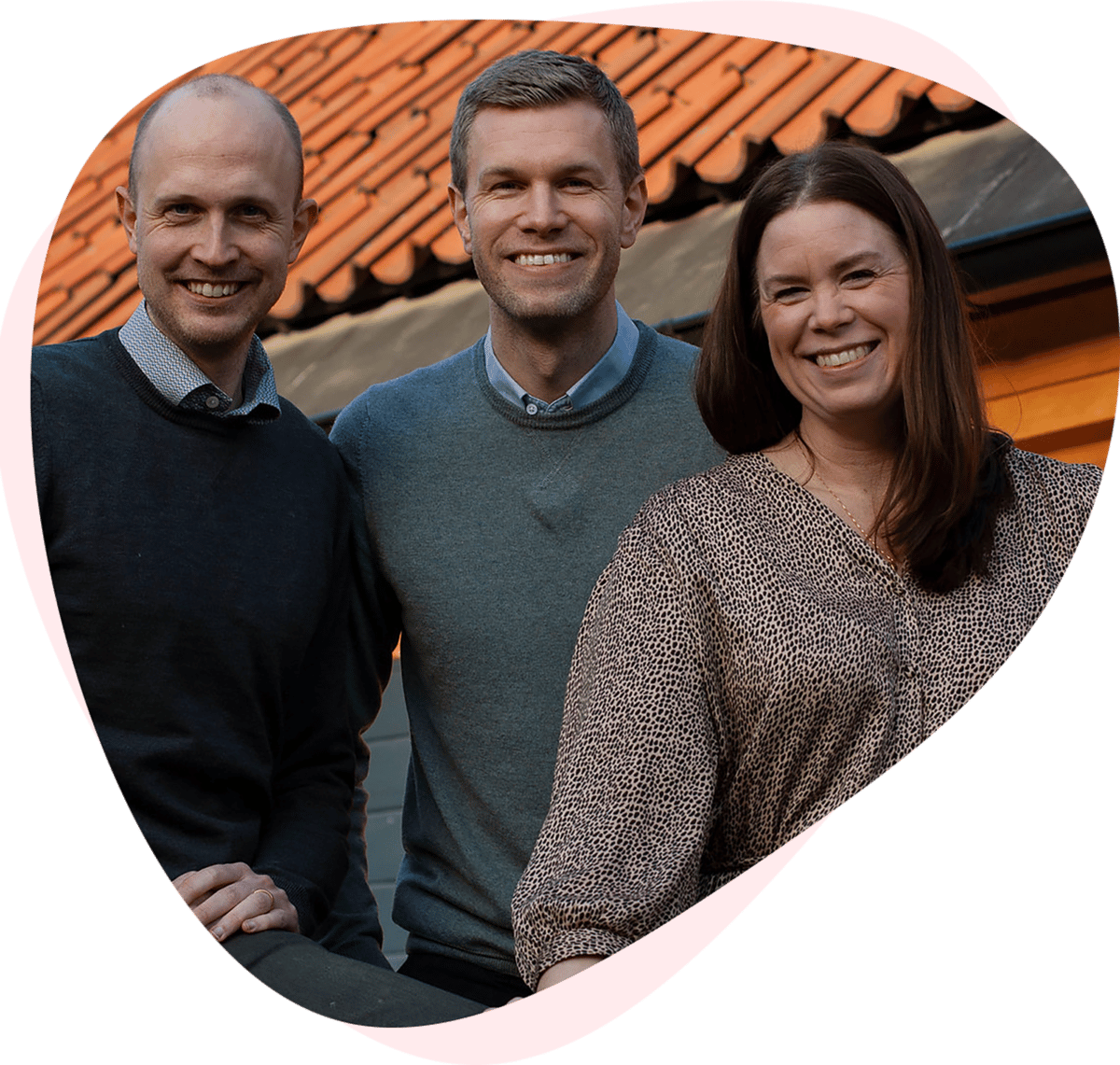Everything has a beginning
Ours was in 2011. We went to The Gambia to write our Master’s thesis on how Swedish aid could be better adapted to run local entrepreneurship.
Instead of checking into a hotel, we stayed with a family in a small village in the Gambian countryside. And instead of delving into theory books, we spent our time getting to know the Gambian people and hearing their thoughts on aid.
We worked with them in the fields
We sat around their tables, ate dinner together and slept in their huts. It turned out they didn’t think much of the success of aid work. As we had always believed to be the case, they would rather have jobs; enabling them to give something back to the world instead of just receiving. “That’s how we get out of poverty,” they explained to us.
Curiosity built Smiling!
Instead of providing aid, we asked ourselves: How can Gambia help Sweden instead of the other way around? It turned out that there is a fantastic number of cashew trees growing there. In fact, most of the nuts we eat in Europe come from West Africa. But the challenge was that the nuts were shipped out of the country as raw material, not processed in Gambia.
What happens to all the nuts?
We watched how merchants from India and Vietnam came to the villages to buy and import the raw cashew nuts back home for processing, along with the potential jobs. The farmers often work in isolation and are not part of a collective, increasing their vulnerability and decreasing their negotiation power.
Once on the other side of the world, the nuts are refined and often under terrible conditions (see our page Blood Cashew). The nuts are then sold on to commodity exchanges in Europe, where they are distributed within the trading networks.



